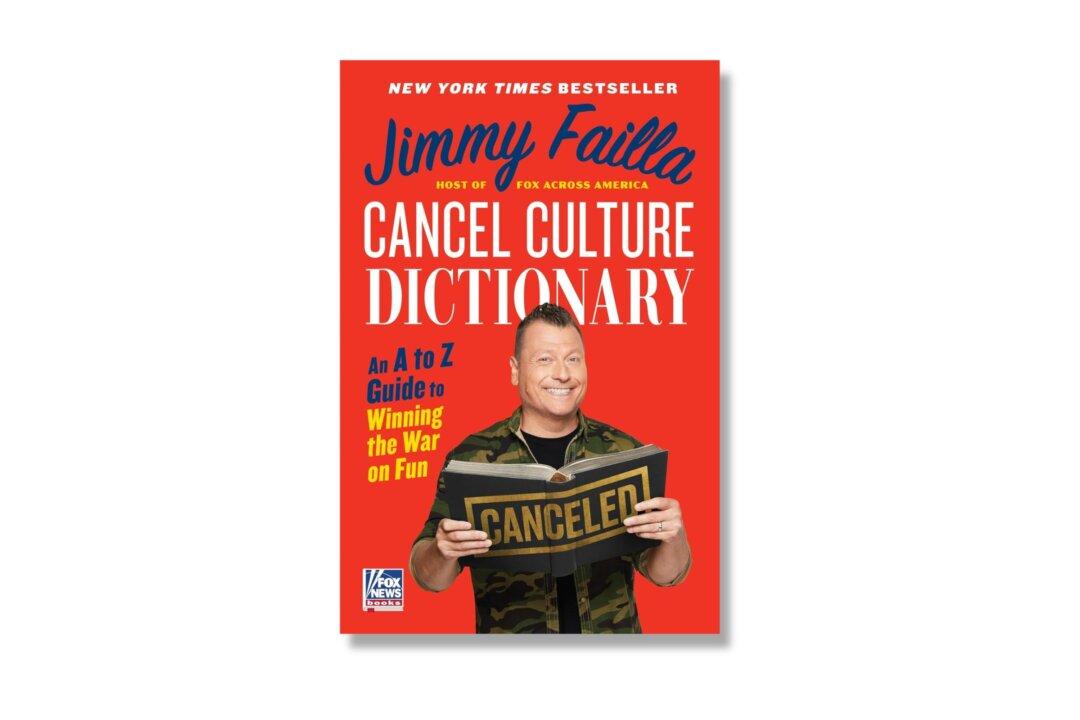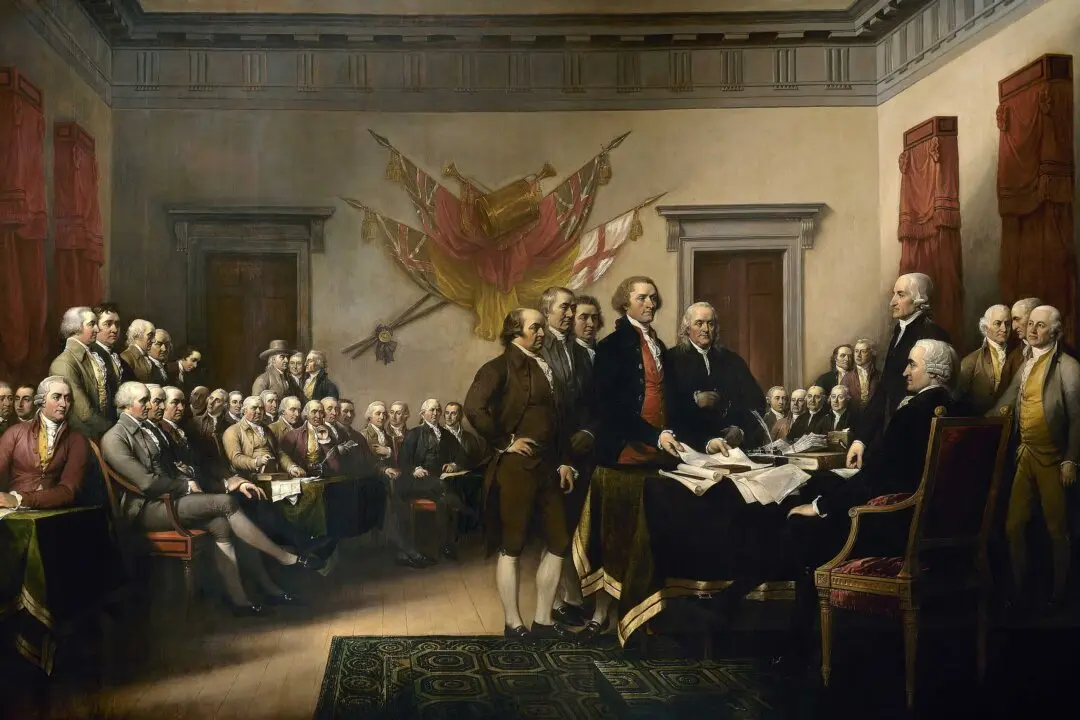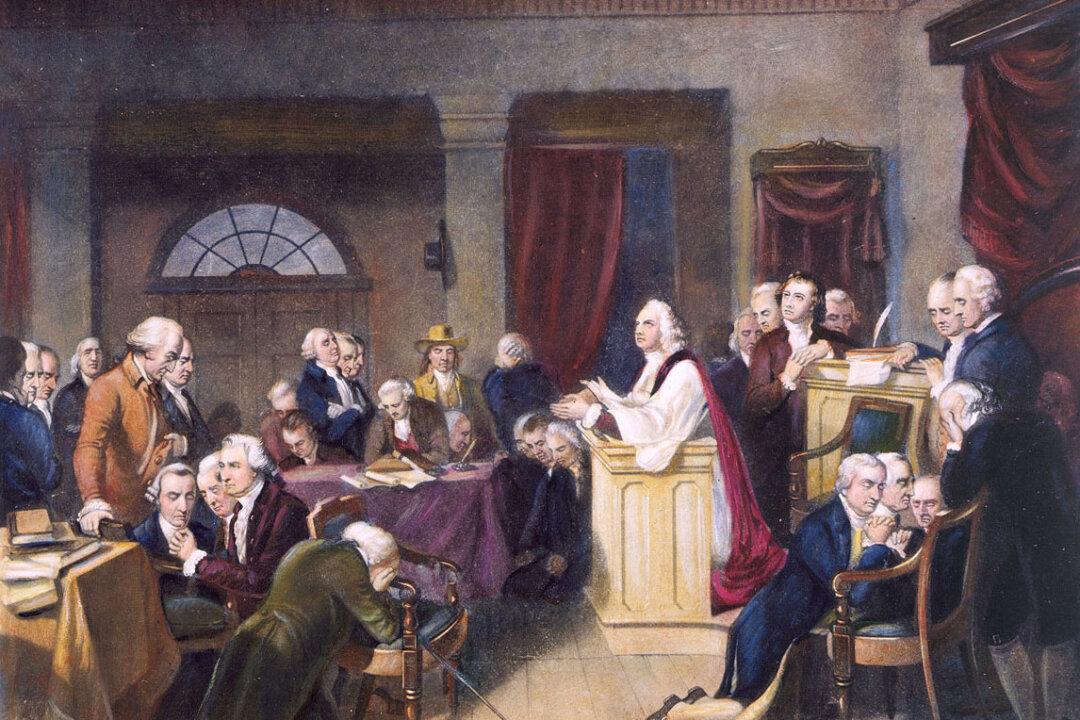Charles Dickens began his classic “A Tale of Two Cities” with the line, “It was the best of times, the worst of times.” Comedian and author Jimmy Failla is no Charles Dickens, but he uses humor to make a compelling case for why we are living in the dumbest of times in his Amazon best-selling book, “Cancel Culture Dictionary: An A to Z Guide to Winning the War on Fun.”
Mr. Failla believes that Americans were happier in the 1980s and 1990s before the existence of smartphones, incessant speech policing, and cancel culture. “It was a simpler time when Reagan was president and fun was legal,” he writes before beginning his alphabet tour of prominent cancel culture causalities. “We absolutely need to get back to a time when the world knew the difference between a joke and a hate crime. Because any society that can’t take a joke is destined to become one.”






